
This educational activity is jointly provided by AXIS Medical Education and California Hospital Association
Changes, Challenges, & Champions
Hospitals are suffering from financial uncertainty, and health care professionals are performing under more stress than ever imagined. While everyone is working diligently to overcome these obstacles, patient safety remains a consistent focus.
Through it all, we’ve seen Changes, we’ve seen Challenges, and we’ve seen Champions. This year’s conference acknowledges the 3 C’s and provides insights into helping hospitals manage patient safety.
Please join us in beautiful Tahoe for information gathering and connecting with your peers. This promises to be an event you don’t want to miss!
Target Audience:
Hospital and health care system CEO, CFO, Chief Medical Officer, Chief Nursing Officer, Patient Safety Executive.
Hospital Council Leadership Summit (non-certified sessions)
1:00 – 3:00 p.m. | Keynote | “The Infinite Game” with Stephen Shedletzky of author Simon Sinek’s The Optimism Company
3:00 – 3:15 p.m. | Break
3:15 – 4:30 p.m. | Keynote | Workforce Resilience with Dr. Bryan Sexton, followed by CEO Panel
4:30 – 6:00 p.m. | Reception
*Agenda subject to change.
8:00 – 8:45 a.m. | Breakfast, Networking and Exhibitor Viewing
8:45 – 9:00 a.m. | Opening Remarks
9:00 – 10:00 a.m. | Opening Keynote Session | Transforming Lives: The Heart and Soul of Health Care
Allison Massari
With sensitivity and compassion born from her experience, Allison shines light on the caregiver’s immense value to a patient who is suffering, reinvigorating employees and helping heal burnout in the workplace. She explains, “The power of what you do goes far beyond the technical part of your job. You are healing the places medicine cannot touch. In fact, YOU are the medicine.” Her unforgettable keynote stories reveal the potent impact that each provider had upon her journey, and how some of the most dramatic healing occurred in a matter of seconds. Despite everyday stresses, attendees will see that it is possible to quickly bring their humanity to a patient.
10:00 – 10:30 a.m. | Exhibitor Viewing
10:30 – 11:30 a.m. | Concurrent Breakout Sessions (choose one)
- Using On-Demand Language Interpretation to Improve Patient Outcomes (Equity)
Jeremy Waiser, Voyce
See how language interpretation services can be applied for increasingly diverse populations in health care settings including emergency departments, cardiac wards, and medical wards. Mr. Waiser will discuss the significant role language plays in the patient-safety experience and show how to overcome language barriers that can negatively impact patient outcomes. - Complex Systems Management: Why Isn’t Health Care Safer? (Data)
Dr. Lee Erickson, Founder, Adaptient Health Systems
Health care: a complex, ever-evolving system that we persist in running with outdated, vertically siloed management systems. But here’s the thing: until our industry realizes the dire need for a transformative management model, our aspirations for high reliability will remain unfulfilled. It’s time to break free from the shackles of the past and embrace a brighter future in health care. - Addressing Workplace Violence in Hospitals (General Patient Safety)
Jeanette Mateo, Workplace Violence Administrator, Sutter Medical Center Sacramento and Dina Marticorena, Workplace Violence Security Officer II, Sutter Medical Center Sacramento Featuring examples from Sutter Medical Center Sacramento, this interactive session will highlight keys to a mature hospital-based program aimed at preventing and responding to workplace violence. Audience participation will be encouraged in the spirit of peer-to-peer learning, and the session will include a hands-on, experiential mini-course on safety considerations at work, including a review of preventive measures and defensive physical maneuvers. - Resiliency Resources – Keys to Avoiding Caregiver Burnout (Workforce Support)
Dr. Bryan Sexton, Duke Center for the Advancement of Well-being Science
Research has identified critical influencers on caregiver well-being, and has informed strategies that can help health care professionals avoid burnout. Dr. Sexton will discuss several free resources available to help reduce stress in hospital environments and demonstrate how to apply them to enhance workforce resilience.
11:30 – 11:45 a.m. | Break
11:45 a.m. – 12:45 p.m. | Concurrent Breakout Sessions (choose one)
- Building CMS-Compliant Health Equity Programs (Equity)
Christine Martini-Bailey, Executive Director, Health Services Advisory Group, Inc. (HSAG)
Hear HSAG’s step-by-step process to build health equity programs and comply with the new CMS requirements. Ms. Martini-Bailey will discuss the tools, resources, education, and strategies developed by HSAG to assist your hospital in meeting the metric mandates and advance health equity in your organization to improve the quality of patient care and address social determinants of health for the population you serve. Learn how to establish the infrastructure to collect Z codes, measure social determinants of health, and how to integrate health equity awareness into an organizational culture. - Leveraging Interorganizational Sensemaking to Improve Patient Safety (Data)
Nikki Vande Garde, Director, Patient Safety at Oracle Health, Cerner
Investigating patient safety events always reveals multiple contributing factors within the complex adaptive sociotechnical system. This session will focus on how the ‘learning review’ method relies on utilizing data, shared (inter and intraorganizational) sensemaking, and shared responsibility to understand and learn from events. Harnessing learnings can then reveal system improvements with the goal to simplify versus further complicate the already complex system. - Reducing Harm Utilizing the Model for Improvement Framework (General Patient Safety)
Thomas Bates, MBA, BSN, RN, CPHQ, CPHRM, LNCC, Chief Quality Officer, Keck Medicine, USC
Implementing sustainable patient safety action plans can be frustrating when the same safety events occur over and over again. The Model for Improvement, specifically the use of the PDSA cycle and its principles for testing, implementing, and sustaining change is an excellent framework for creating patient safety changes that last. See how it can support you and your institution’s journey to high reliability. - A Day at the Improv: Preparing for Critical Conversations After Harm (Workforce Support)
Dr. Tim McDonald, Chief Patient Safety and Risk Officer, RL Datix and Deanna Tarnow, Senior Director of Risk Management and Patient Safety, BETA Healthcare Group (co-moderators)
Watch moderator Dr. Tim McDonald direct professional actors in simulations excerpted from training programs to show how early-stage interactions can affect communications and more when families are impacted by medical error. Dr. McDonald will offer thoughts on how to respond in challenging situations and take questions from the audience.
12:45 – 1:45 p.m. | Hosted Luncheon
1:45 – 2:45 p.m. | Concurrent Breakout Sessions (choose one)
- California Maternal Quality Care Collaborative (CMQCC) Updates and Strategies (Equity)
Rev. Dr. Candace Kelly, Memorial Care Millers Children’s and Women’s Hospital Long Beach and Dr. Amanda Williams, California Maternal Quality Care Collaborative
Hear the latest success and strategies from the California Maternal Quality Care Collaborative, a multi-stakeholder organization committed to ending preventable morbidity, mortality and racial disparities in California maternity care. - Emerging Programs, Data Resources, and Measures for Hospitals (Data)
Chris Krawcyzk, PhD, Chief Analytics Officer, HCAI
Dr. Krawczyk will discuss the HCAI Healthcare Payments Data Program (HPD), health care workforce, Social Drivers of Health (SDoH) data and analytics programs, and conduct live demonstrations of HCAIs interactive data visualizations. He will identify publicly available data products focusing on newly released HPD data and products, SDoH, health disparities, and health workforce information. - Healing After Harm: How an Organization’s Response Impacts Patient and Family’s Ability to Heal After Medical Error (General Patient Safety)
Panelists: Steve Burrows, Writer/Director/Producer; Leilani Schweitzer; Jack Gentry
Co-moderators: Dr. Tim McDonald, Chief Patient Safety and Risk Officer, RL Datix and Deanna Tarnow, Senior Director of Risk Management and Patient Safety, BETA Healthcare Group
Hear from family members impacted by medical error and learn from their insights as panelists discuss what happened and how hospitals responded. Panelists will share their stories and suggestions for making things better. - Leveraging Relationships to Drive Quality (Workforce Support)
Sylvia Lozano, Vice President, Hospital Relations, Inland Empire Health Plan, Sam Itani, Chief Executive Officer, Corona Regional Medical Center, and Phyllis Snyder, Chief Nursing Officer, Corona Regional Medical Center
This case study session will highlight how Inland Empire Health Plan (IEHP) partnered with HQI and BETA Healthcare Group to positively impact culture and improve systems of care for caregivers within their hospital network. The presenters will address the practical strategies used to build relationships, improve patient safety, and identify opportunities for additional collaboration.
2:45 – 3:00 p.m. | Exhibitor Viewing & Raffle
3:00 – 4:00 p.m. | Closing Keynote Session | Patient Safety and System Failures
RaDonda Vaught
RaDonda Vaught will share her profoundly personal story. Ms. Vaught’s case made headlines in March 2022 when a jury found her guilty of criminally negligent homicide and gross neglect of an impaired adult in the death of a patient to whom she accidentally gave the wrong medication. She will speak first hand on the impact this sentinel event has had on her life and her profession, along with the implications of the legal actions that followed. A passionate advocate for safety and improvement, her story will be one that is not easily forgotten.
Christine Martini-Bailey, MSN, RN, CSSGB
Executive Director
Health Services Advisory Group (HSAG)
Christine Bailey, MSN, RN, CSSGB serves as an Executive Director at Health Services Advisory Group, Inc. (HSAG) and is currently leading the Centers for Medicare and Medicaid Hospital Quality Improvement Contract (HQIC) supporting 298 hospitals in 29 states as well as supporting various health care improvement tasks within the Quality Improvement Network – Quality Improvement Organization (QIN-QIO) for Arizona and California. Ms. Bailey has more than 30 years of experience in the health care industry including critical care/cardiovascular intensive care nursing.
Thomas Bates, RN, BSN, MBA, CPHQ, CPHRM, LNCC
Chief Quality Officer
Keck Medicine of USC
Thomas Bates is a registered nurse with over 25 years of experience. Since 2010, he has worked in leadership positions in risk management and quality in pursuit of establishing programs leading to quality and patient safety. Mr. Bates has expertise in root cause analysis, patient safety methodologies and quality improvement models and frameworks.
Steve Burrows
Writer, Director, Producer
The Burrows of Hollywood, Inc.
Since becoming an advocate and power-of-attorney for his mother, who became comatose after a routine hip surgery, Mr. Burrows has become a national leader in patient safety with particular emphasis on speaking for and telling the stories of the voiceless. Mr. Burrows is also adjunct faculty for the Medstar Institute for Quality and Safety as well as the Academy for Emerging Leaders for Patient Safety.
Lee Erickson, MD, LSSMBB
Chief Executive Officer
Adaptient, LLC
Lee Erickson, MD is a health care transformation expert with more than 25 years of experience in clinical operations, quality, and patient safety. Before founding Adaptient, LLC, Dr. Erickson served in a number of executive leadership roles: system Chief Quality Officer at Tufts Medicine; Deputy Physician-in-Chief for Clinical Operations at Memorial Sloan Kettering Cancer Center; and Associate Chief Medical Officer at the University of Pennsylvania Health System.
Jack Gentry
Jack Gentry was looking forward to an active retirement from law enforcement when, in April 2013, he was seriously injured as a result of a medical error during an elective surgery to repair two bulging discs in his neck. Jack was paralyzed from the neck down. The story of what happened next exemplifies how a determined patient working with a dedicated physician can make the best of a tragic, life-altering situation.
Rev. Dr. Candace Kelly, D.Min., M.DIV., GC-C, BCC
Board Certified Chaplain
Memorial Care Millers Children’s and Women’s Hospital Long Beach
Rev. Dr. Candace Kelly is staff chaplain and birth equity lead as well as bereavement coordinator at Memorial Care Millers Children’s and Women’s Hospital. She leads evidence-based education programs designed to address bias, microaggressions, inclusion and healthcare. She also provides emotional and spiritual support to patients and families, and participates in multidisciplinary teams to help establish a culture of support, care, and justice in words and actions.
Chris Krawcyzk, PhD
Chief Analytics Officer
HCAI
Dr. Christopher Krawczyk is Chief Analytics Officer with the Department of Health Care Access and Information (HCAI), Information Services Division. Dr. Krawczyk oversees strategic direction for analyses of healthcare quality, outcomes, utilization, and cost. Dr. Krawczyk also oversees data services and facilitates stakeholder engagement to increase the usefulness and impact of HCAI data products.
Sylvia Lozano, FACHE, CPHRM, HACP, LSSGB
Vice President, Hospital Relations
Inland Empire Health Plan (IEHP)
Ms. Lozano is the Vice President of Hospital and Ancillary Relations at Inland Empire Health Plan (IEHP), is one of the 10 largest Medicaid health plans and the largest not-for-profit Medicare-Medicaid Plan in the U.S. She cultivates IEHP’s strong partnership with providers, hospitals, skilled nursing facilities, home health, hospice agencies and hundreds of community partners to deliver quality whole-person care to more than 1.6 million Members and over 7000 providers and over 3300 employees.
Sam Itani, M.SC., FACHE
Chief Executive Officer
Corona Regional Medical Center
Sam Itani has 35 years of health care experience, and has had the opportunity to work, contract and align with physicians, payors, vendors, and community leaders. Mr. Itani uses relationships to drive engagement and quality, with a philosophy focused on reaching a win-win strategy to drive outcomes. He has been involved in culture transformation in multiple facilities that included the roll out of just culture algorithms that enhanced the overall culture of safety.
Dina Marticorena
Workplace Violence Security Officer II
Sutter Medical Center Sacramento
Ms. Marticorena is a seasoned professional with over fourteen years of experience in the security industry. She specializes in creating safe environments within the hospital setting. Ms. Marticorena has a strong background in security operations and has dedicated several years of developing expertise in reducing violent encounters by assisting in the education and training of staff in our workplace violence prevention program.
Allison Massari
Allison Massari has been speaking in health care for more than 12 years. She is a former patient and burn survivor and uses herstories to teach concepts related to person-centered care, alleviating burnout in health care workers, raising patient satisfaction scores, understanding the steps to self-mastery, patient safety, and reclaiming your passion for your life’s work in health care.
Jeanette Mateo
Workplace Violence Administrator
Sutter Medical Center Sacramento
Jeanette Mateo has worked for Sutter Health for over 13 years with her focus in education and training. She manages and oversees Sutter Medical Center Sacramento’s Workplace Violence Prevention Program. In her role, Ms. Mateo takes on the responsibility of assessing all reported violent incidents within the hospital and meticulously investigates each case, gathering vital information to understand the root causes and contributing factors. Through her analysis, she identifies patterns and trends, enabling her to develop effective strategies for prevention.
Tim McDonald, MD, JD
Chief Patient Safety and Risk Officer
RL Datix
Timothy McDonald, MD, JD, is the chief patient safety and risk officer for RLDatix, a professor of law at Loyola University – Chicago, and faculty for the BETA Healthcare Group’s BETA HEART program. Dr. McDonald is a physician-attorney who has assisted more than 800 hospitals and health systems implement a culture of “normalized compassionate honesty” combined with “fair and accountable culture” transformation. He has published dozens of articles in peer reviewed journals such as Health Affairs, and the New England Journal of Medicine.
Leilani Schweitzer
Leilani Schweitzer’s son Gabriel died after a series of medical errors at Stanford Children’s Hospital and Renown Medical in Reno, NV in 2005. In 2011, she started working on Stanford’s efforts to be transparent and learn after unexpected medical outcomes. She uses her own experience to navigate between the often insular, legal and administrative sides of medical error; and the intricate, emotional side of the patient and family experience.
J. Bryan Sexton, PhD
Director, Duke Center for the Advancement of Well-being Science
Duke University Health System
Dr. Bryan Sexton leads the efforts around research and training that guide Duke University Health System’s quality improvement and well-being activities. Dr. Sexton is a psychometrician and spends time developing methods of assessing and improving safety culture, teamwork, leadership and especially work-force well-being. Currently, he is disseminating the results from a successful NIH R01 grant that used RCTs to show that we can cause enduring improvements in health care worker well-being.
Phyllis Snyder, MSN, RN, PHN
Chief Nursing Officer
Southwest Healthcare at Corona Regional Medical Center
Phyllis Snyder has 35 years of experience in health care and has worked in various settings beginning at the bedside and progressing from unit leader roles to executive leader. Her professional experience includes medical-surgical, emergency, flight nursing, critical care, and teaching. She is passionate about engaging and empowering nursing to drive nursing care at the bedside to improve patient safety, outcomes, and the patient experience of care in the hospital setting.
Nikki Vande Garde, BSN, RN-BC
Director, Patient Safety
Oracle Health, Cerner
Nikki Vande Garde is the director of patient safety at Oracle Health where she focuses on system and patient safety at the intersection of health care and information technology. She joined Cerner (now Oracle) in 1997 and has held roles in consulting, software design, and population health development. She leads the team responsible for the regulatory-required process to investigate and remediate formal complaints related to HIT.
RaDonda Vaught
RaDonda Vaught was the subject of one of the highest-profile healthcare criminal cases in recent years. She holds a BSN and a Certificate in Leadership from Western Kentucky University. While working as a BSN prepared registered nurse, Mrs. Vaught committed a medication error that ended the life of a patient in 2017. She was charged under administrative law by the Tennessee Department of Health, leading to the revocation of her nursing license by the Tennessee Board of Nursing in a July 2021 hearing. Additionally, she was charged under criminal law and found guilty by jury trial of two felony charges in March of 2022: Negligent Homicide, and Abuse of an Impaired Adult, with placement on an Elder Abuse registry in the state of Tennessee. Mrs. Vaught is uniquely qualified to speak firsthand on the impact this sentinel event has had on her life and her profession, along with the implications of the legal actions that followed. A passionate advocate for safety and improvement, her story will be one that is not easily forgotten.
Jeremy Waiser
Director of Partnerships
Voyce
Jeremy Waiser is the Director of Partnerships for Voyce Global, the on-demand medical interpretation platform. Previously, Mr. Waiser managed international business development for HEXO Cannabis Corp. He has worked for the United Nations in human rights and war crimes prosecutions in Cambodia and Sierra Leone and consulted on democratic reform in Kazakhstan. Mr. Waiser holds LLB and BCL degrees from McGill Law School.
Dr. Amanda Williams, MD, MPH, FACOG
Clinical Innovation Advisor
California Maternal Quality Care Collaborative, Stanford University School of Medicine
Dr. Williams is the Medical Director at Mahmee, a maternal healthcare company dedicated to improving health equity and empowering all families with wraparound care during the pregnancy and postpartum period. Dr. Williams also serves as the Clinical Innovation Advisor to the California Maternal Quality Care Collaborative (CMQCC) and as an adjunct faculty member in the OBGYN Department at Stanford University School of Medicine.
Everline Resort and Spa
400 Squaw Creek Road
Olympic Valley, CA 96146
(800) 404-5544
The Everline Resort and Spa has discounted rooms available starting at $269 plus $40 resort fee. For reservations, call (530) 412-7034 and mention the HQI and Hospital Council Annual Meeting. The deadline for discounted sleeping rooms is September 22 based on hotel availability. To book a room online, click here.
*Members: $149
**Nonmembers: $549
*Members are: CHA member hospitals, members of HQI or CHPSO, and/or a member of an AQIPS PSO.
**Nonmembers are non-hospital health care providers, clinics, and post-acute facilities that serve hospitals.
CLICK HERE to register.
Cancellation Policy
A $75 non-refundable processing fee will be retained for each cancellation. Cancellations must be made in writing seven or more days prior to the scheduled event and emailed to education@calhospital.org.
No refunds will be given after these dates. Substitutions are encouraged. Cancellation and substitution notifications may be emailed to education@calhospital.org. In the unlikely event that the program is cancelled, refunds will be issued to paid registrants within 30 days.
Special Accommodations or Questions: If you require special accommodations pursuant to the Americans with Disabilities Act, or have other questions, please call (916) 552-7637.
Accreditation Statement
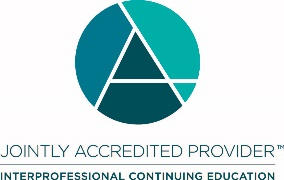
In support of improving patient care, this activity has been planned and implemented by AXIS Medical Education and California Hospital Association. AXIS Medical Education is jointly accredited by the Accreditation Council for Continuing Medical Education (ACCME), the Accreditation Council for Pharmacy Education (ACPE), and the American Nurses Credentialing Center (ANCC), to provide continuing education for the healthcare team.
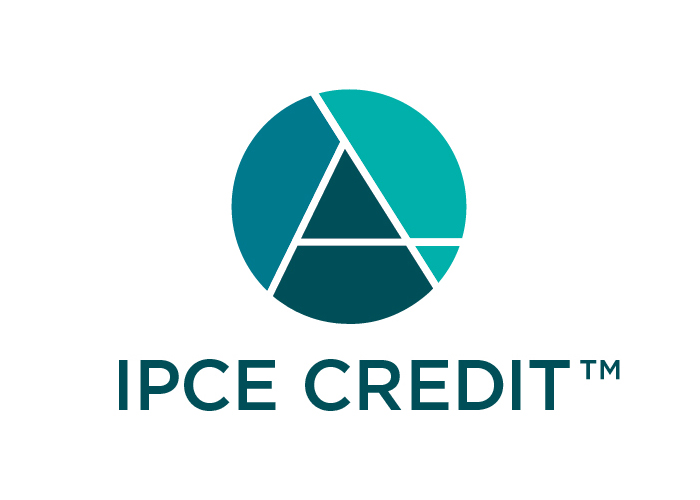
This activity was planned by and for the healthcare team, and learners will receive 5.0 Interprofessional Continuing Education (IPCE) credit for learning and change.
Credit Designation for Physicians
AXIS Medical Education designates this live activity for a maximum of 5.0 AMA PRA Category 1 Credits™. Physicians should claim only the credit commensurate with the extent of their participation in the activity.
Credit Designation for Nursing
AXIS Medical Education designates this continuing nursing education activity for 5.0 contact hours.
Learners are advised that accredited status does not imply endorsement by the provider or ANCC of any commercial products displayed in conjunction with an activity.
Quality Professionals
This activity is approved by NAHQ® for 5.0 CPHQ CE credits.
Healthcare Executives
ACHE Qualified Education credit must be related to healthcare management (i.e., it cannot be clinical, inspirational, or specific to the sponsoring organization). It can be earned through educational programs conducted or sponsored by any organization qualified to provide education programming in healthcare management. Programs may be sponsored by ACHE, chapters, or other qualified sources, whether the programming is face-to-face or distance offerings (webinars, online seminars, self-study courses, etc.). You will receive a certificate of completion for 5.0 hours.
AXIS Contact Information
For information about the accreditation of this program please contact AXIS at info@axismeded.org.
Disclosure of Relevant Financial Relationships
AXIS Medical Education requires faculty, instructors, authors, planners, directors, managers, peer reviewers, and other individuals who are in a position to control the content of this activity to disclose all personal financial relationships they may have in the past 24 months with ineligible companies. An ineligible entity is any organization whose primary business is producing, marketing, selling, re-selling, or distributing healthcare products used by or on patients. All relevant financial relationships are identified and mitigated prior to initiation of the planning phase for an activity.
AXIS has mitigated and disclosed to learners all relevant financial relationships disclosed by staff, planners, faculty/authors, peer reviewers, or others in control of content for this activity. Disclosure of a relationship is not intended to suggest or condone bias in any presentation but is made to provide participants with information that might be of potential importance to their evaluation of a presentation or activity. Disclosure information for faculty, authors, course directors, planners, peer reviewers, and/or relevant staff is provided with this activity.
The faculty reported the following relevant financial relationships or relationships they have with ineligible companies of any amount during the past 24 months:
| Name of Faculty/Presenter | Reported Financial Relationship |
| Allison Massari | Nothing to disclose |
| Jeremy Waiser | Nothing to disclose |
| Bryan Sexton, PhD | Nothing to disclose |
| Lee Erickson, MD, LSSMBB | Nothing to disclose |
| Tim McDonald, MD, JD | Nothing to disclose |
| Deanna Tarnow, RN, BA, CPHRM | Nothing to disclose |
| Christine Martini-Bailey, MSN, RN, CSSGB | Nothing to disclose |
| Nikki Vande Garde, BSN, RN-BC | Nothing to disclose |
| Thomas Bates, MBA, BSN, RN, CPHQ, CPHRM, LNCC | Nothing to disclose |
| Sylvia Lozano, MHA, FACHE, CPHQ, CPHRM, HACP, LSSGB | Nothing to disclose |
| Sam Itani, M.SC., FACHE | Nothing to disclose |
| Phyllis Snyder, MSN, RN, PHN | Nothing to disclose |
| Candace Kelly, D.Min., M.DIV., GC-C, BCC | Nothing to disclose |
| Amanda Williams, MD, MPH, FACOG | Advisor: RiskLD |
| Chris Krawcyzk, PhD | Nothing to disclose |
| Steve Burrows | Nothing to disclose |
| Leilani Schweitzer | Nothing to disclose |
| Jack Gentry | Nothing to disclose |
| Jeanette Mateo | Nothing to disclose |
| Dina Marticorena | Nothing to disclose |
| RaDonda Vaught, BSN | Nothing to disclose |
The following directors, planners, managers, and peer reviewers reported no financial relationships they have with any ineligible company of any amount during the past 24 months:
Disclaimer
Participants have an implied responsibility to use the newly acquired information to enhance patient outcomes and their own professional development. The information presented in this activity is not meant to serve as a guideline for patient management. Any procedures, medications, or other courses of diagnosis or treatment discussed in this activity should not be used by clinicians without evaluation of patient conditions and possible contraindications on dangers in use, review of any applicable manufacturer’s product information, and comparison with recommendations of other authorities.
Requirements for credit:
- Attend/participate in the educational activity and review all course materials.
- Complete the CE Attestation/Evaluation form online by 11:59 pm ET on November 16, 2023. Instructions will be provided. If you do not complete the online evaluation by this date, you will not be able to get CME/CE credit for this event.
- Upon successful completion of the online form, your statement of completion will be presented to you to print.
- Explain how language interpretation services can be applied for increasingly diverse populations in health care settings to overcome language barriers that can negatively impact patient outcomes.
- Recall how compassionate care is not dependent upon direct patient contact.
- Outline steps that can be taken to reduce burnout in hospital settings.
- Illustrate the inherent complexities of health care systems and the limitations of conventional management models.
- Demonstrate how innovative management strategies can lead to a more efficient, patient-centric health care system.
- Summarize critical components of a successful hospital-based program aimed at preventing and responding to workplace violence, including preventive measures and defensive physical maneuvers.
- Demonstrate the patterns of well-being overall and by health care worker role over the past several years.
- Apply bite-sized interventions to improve well-being.
- Outline a proven process to build CMS-compliant health equity programs.
- Demonstrate how to establish the infrastructure to collect Z codes, measure social determinants of health, and integrate health equity awareness into an organizational culture.
- Explain how the Model for Improvement – specifically the use of the PDSA cycle and its principles for testing, implementing, and sustaining change – can be applied as a framework for creating patient safety changes that last.
- Describe the need for and benefits of empathy and compassion following harm in healthcare.
- List the key components of communication to patients and families after unexpected harm events.
- Explain the rationale and benefits of simulating or preparing for a communication with patients and families or a peer support encounter prior to entering one.
- Outline HCAI’s Healthcare Payments Data program.
- Describe the collateral damage associated with the “wall of silence” that often follows tragic events in health care.
- Explain the importance of humility in responding to patient harm.
- Outline the actions leadership must take to establish a culture of safety founded on empathy and trust.
- List three normal reactions to failure that interfere with our ability to learn from incidents.
- Demonstrate the impact of how human factors and system influences can combine to increase error potential.
- Outline the course of events that may be encountered following a medication error.
- Define shared responsibility as it relates to patient safety within the complex adaptive sociotechnical system.
The Hospital Quality Institute and Hospital Council would like to thank our
2023 annual conference sponsors!



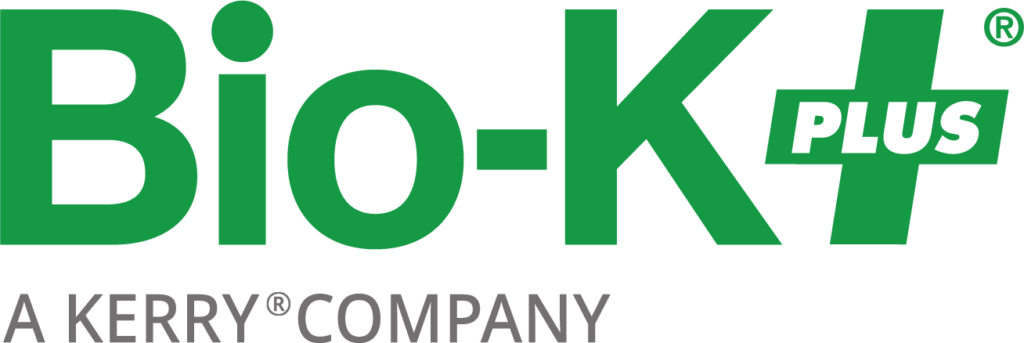
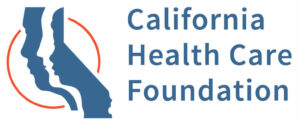


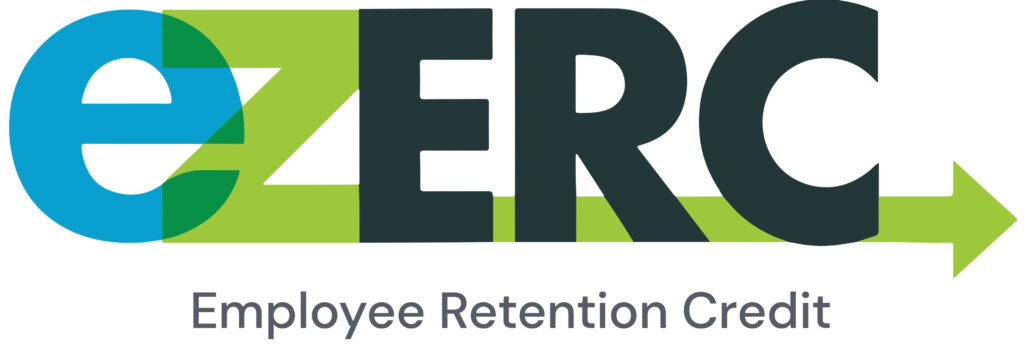

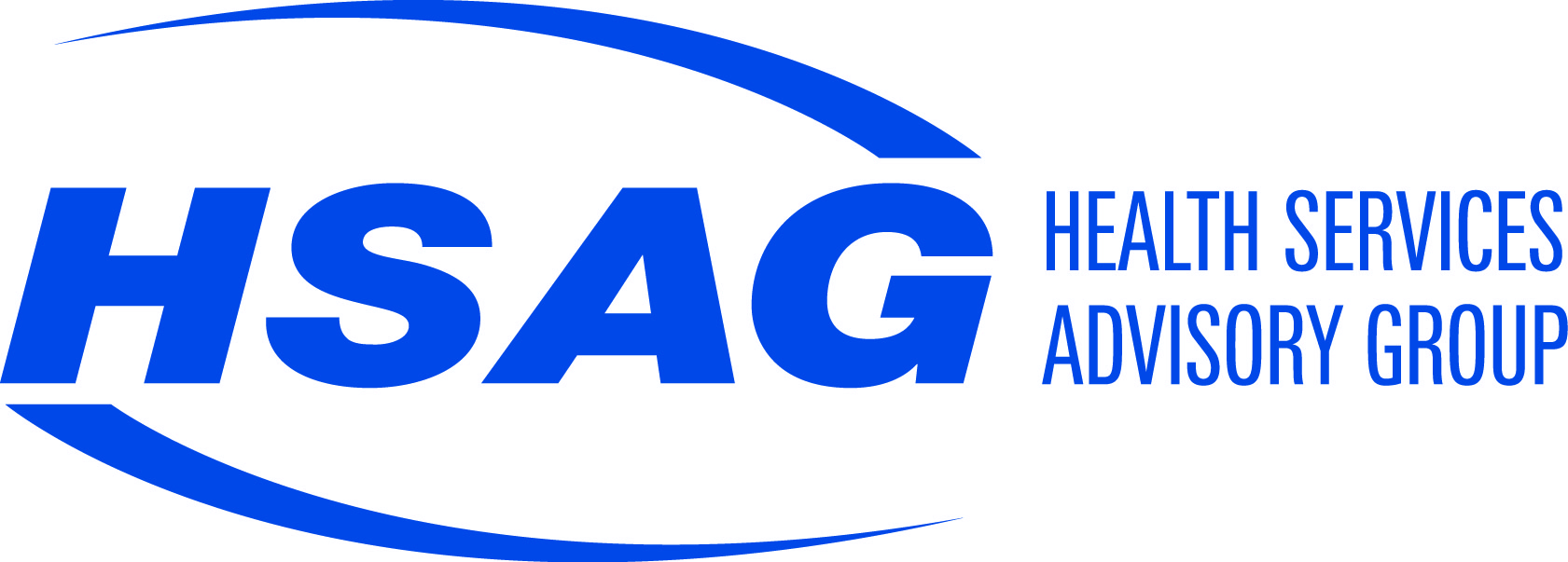
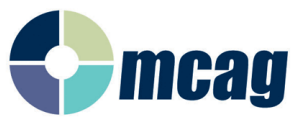
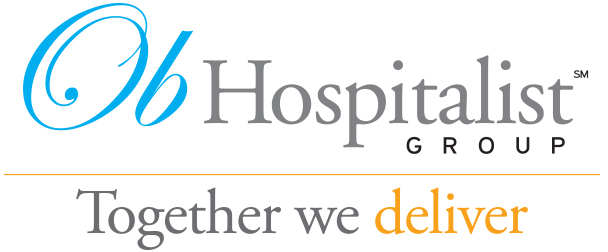



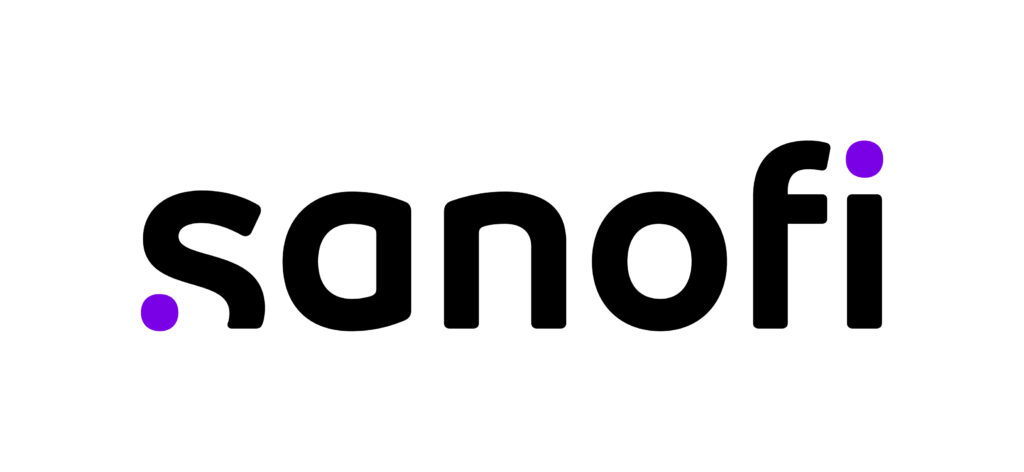
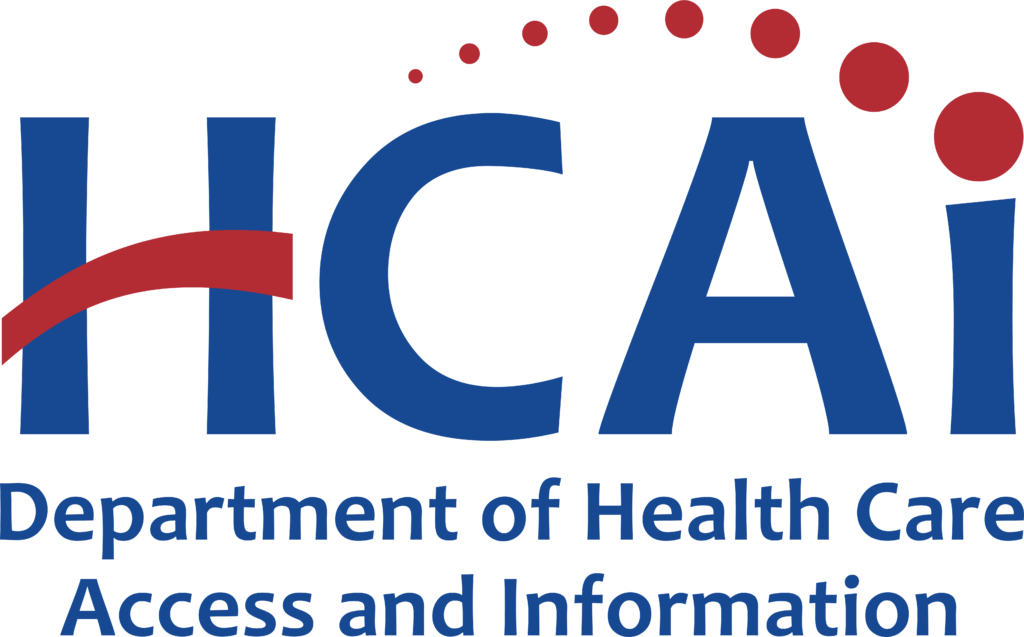


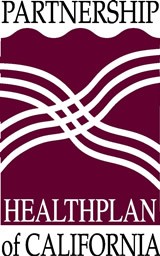
Check out the video below to see how much fun we had in 2022!